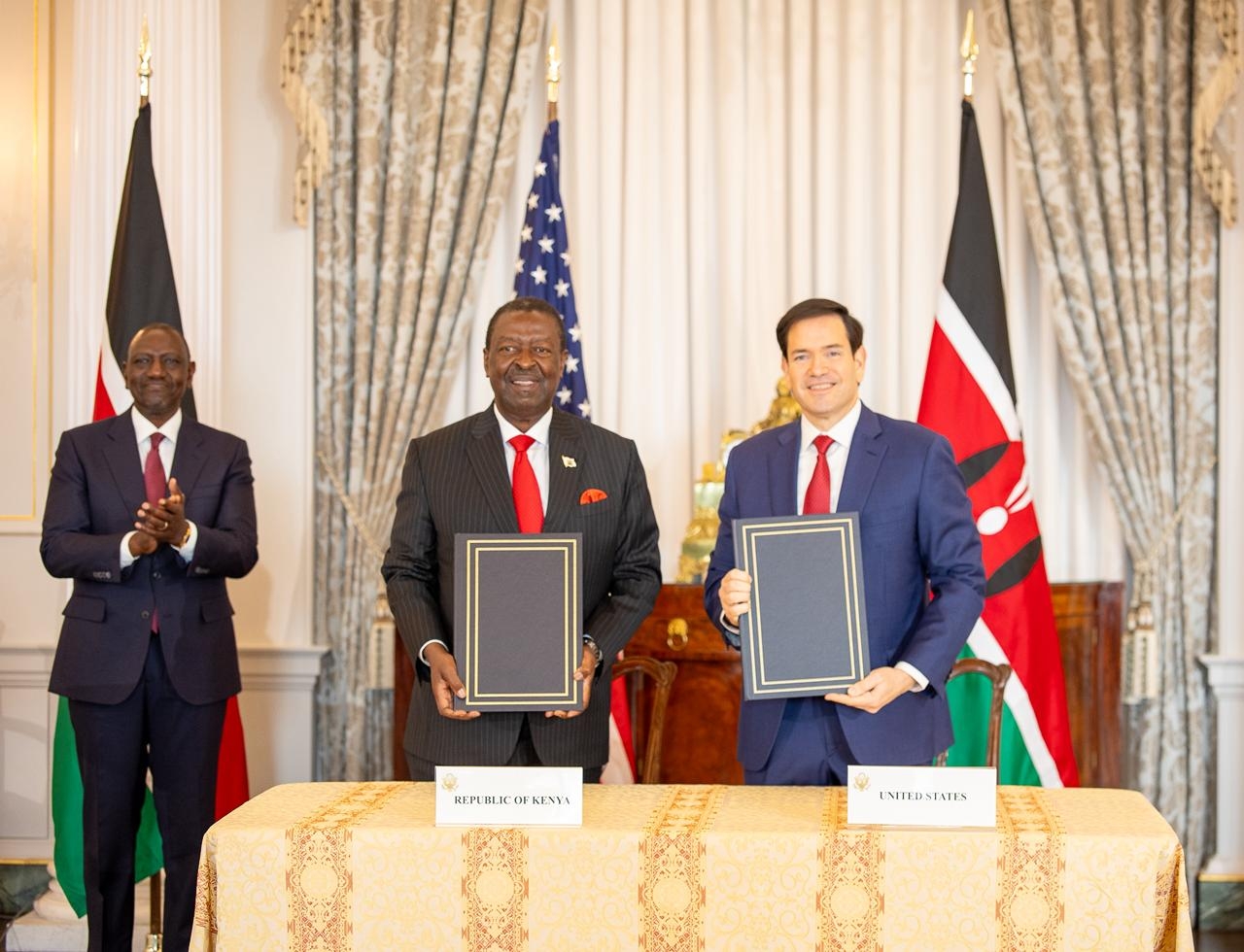Unwarranted campaigns against safer alternatives to smoking by policymakers risk preventing deaths and lowering the burden of the vice on public health, Harm Reduction Society of Kenya experts have warned.
This is in response to a declaration that there is a plan to "wipe out" nicotine products.
“Alternative nicotine products like regulated vapes and oral pouches are scientifically proven to be far less harmful than cigarettes and are the most successful method for helping smokers to quit," Dr Michael Kariuki, secretary-general of the Harm Reduction Society, advised.
According to Kariuki, the regulation of nicotine products must be 'evidence-based and proportionate to the risks posed, after taking into consideration the smokers who need these therapeutic products'.
In a statement dated March 13, Joel Sawa, spokesperson for Campaign for Safer Alternatives (CASA) reiterated Kariuki's remarks noting that the government should offer safer alternatives for smokers instead of wiping out the use of nicotine products.
This, he believes, would save lives.
"The best way to save lives is to ensure that tobacco-free products like regulated nicotine pouches and vapes are affordable and accessible," Sawa said.
“Wiping them from the market leaves smokers with no option but to keep smoking. It’s unthinkable that policymakers are even considering indiscriminate, ill-informed and nonevidence-based actions against them without any heed to this potential mishap,” he added.
Speaking at a joint press conference in Nairobi, the experts highlighted the mounting body of global research demonstrating the advantageous effects of alternative nicotine products.
"The Swedes have achieved this historic milestone - 17 years ahead of schedule - in large part by making alternative nicotine products accessible, acceptable and affordable for adult smokers. Sweden now boasts Europe’s lowest incidence of smoking-related diseases and fewest premature deaths due to tobacco-related causes. Lung cancer fatalities in the country are less than half the average, and overall cancer deaths are 38% lower," Kariuki said.
He advised that Kenyan policymakers must learn from Sweden if they intend to save the lives of smokers.
They also cited researchers who found that controlled contemporary oral nicotine products have comparable toxicant and risk profiles to nicotine replacement treatments (NRTs), which are listed as essential medications by the World Health Organization (WHO).
"They have proven that tobacco harm reduction can be a solution. We mustn’t waste this opportunity to save lives," Kariuki noted.













